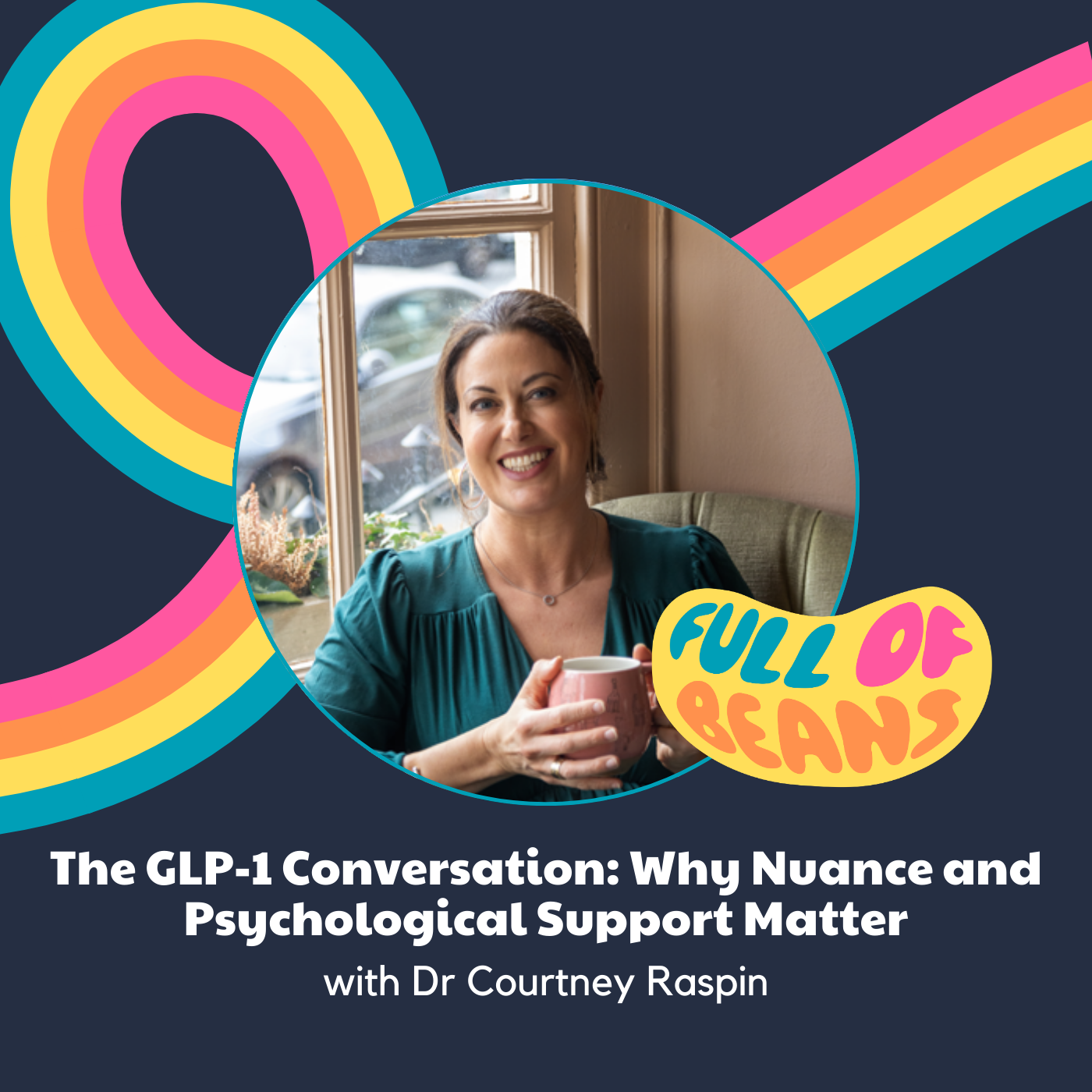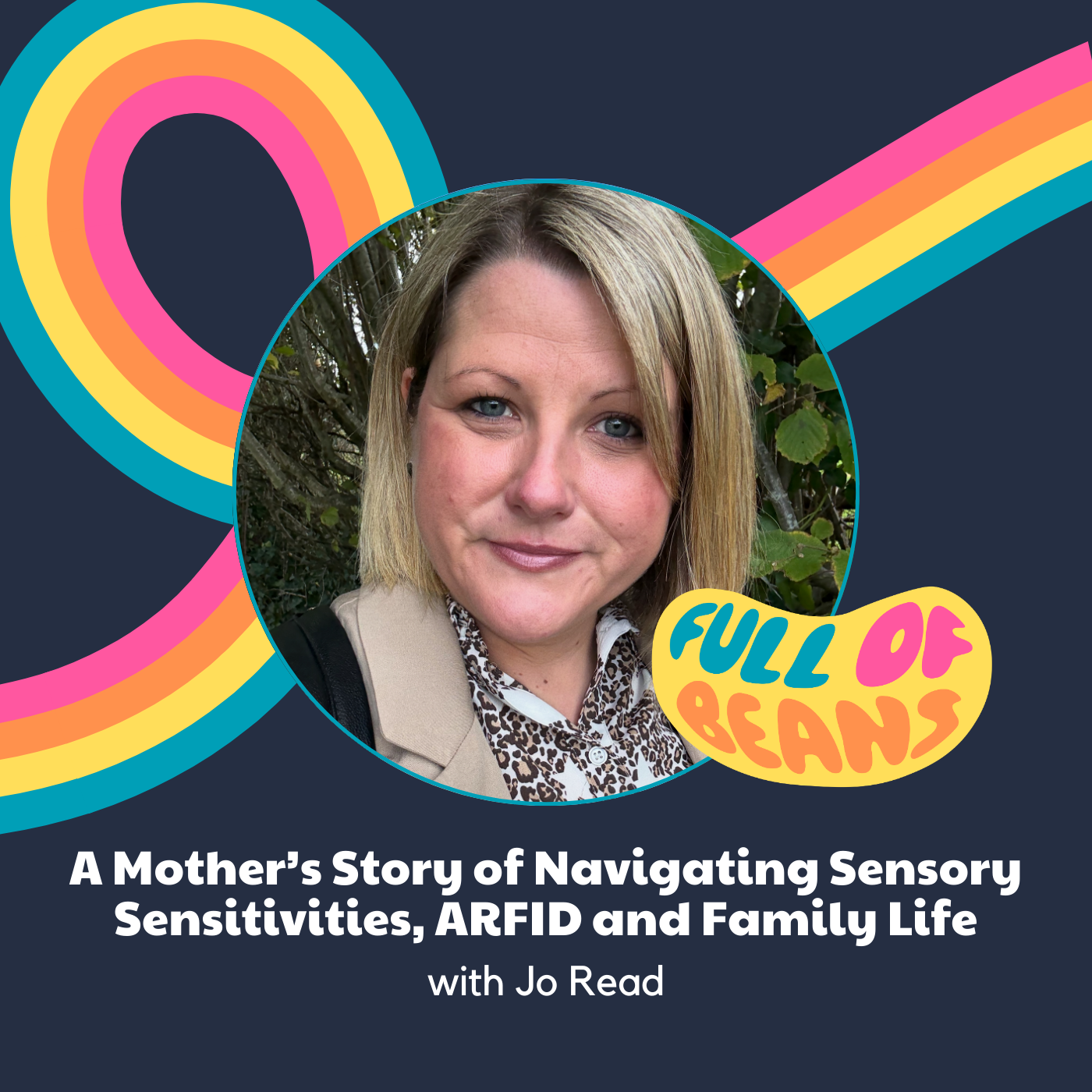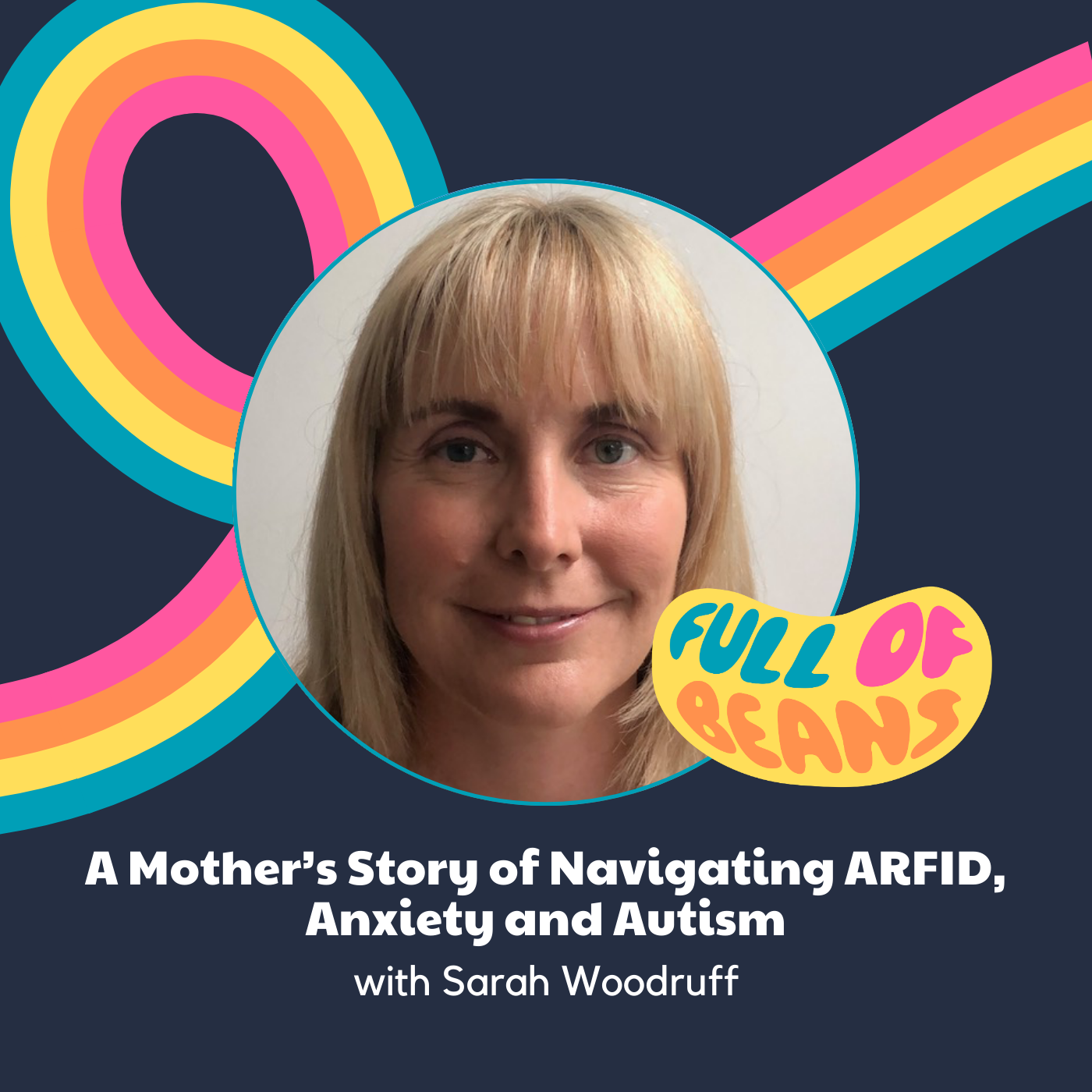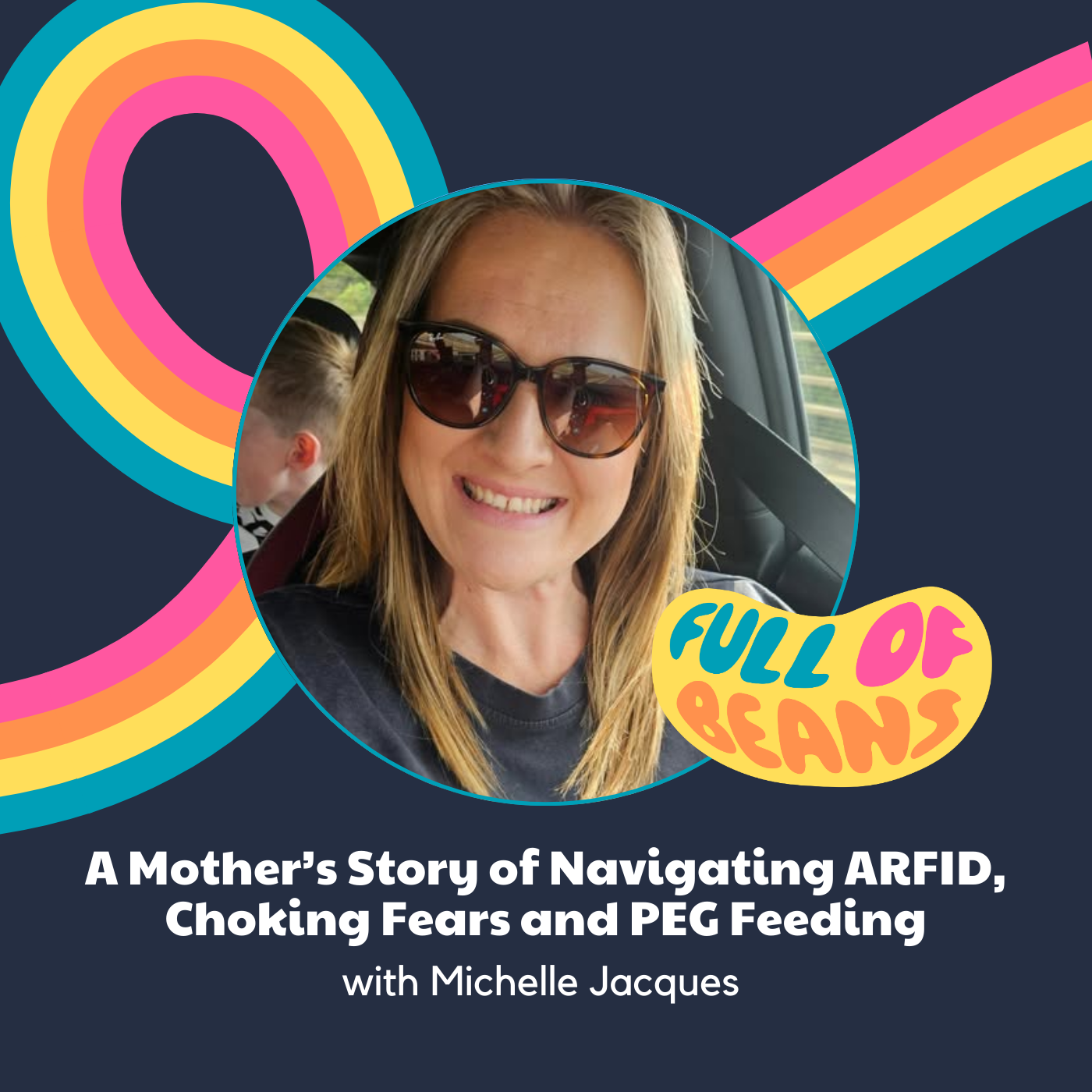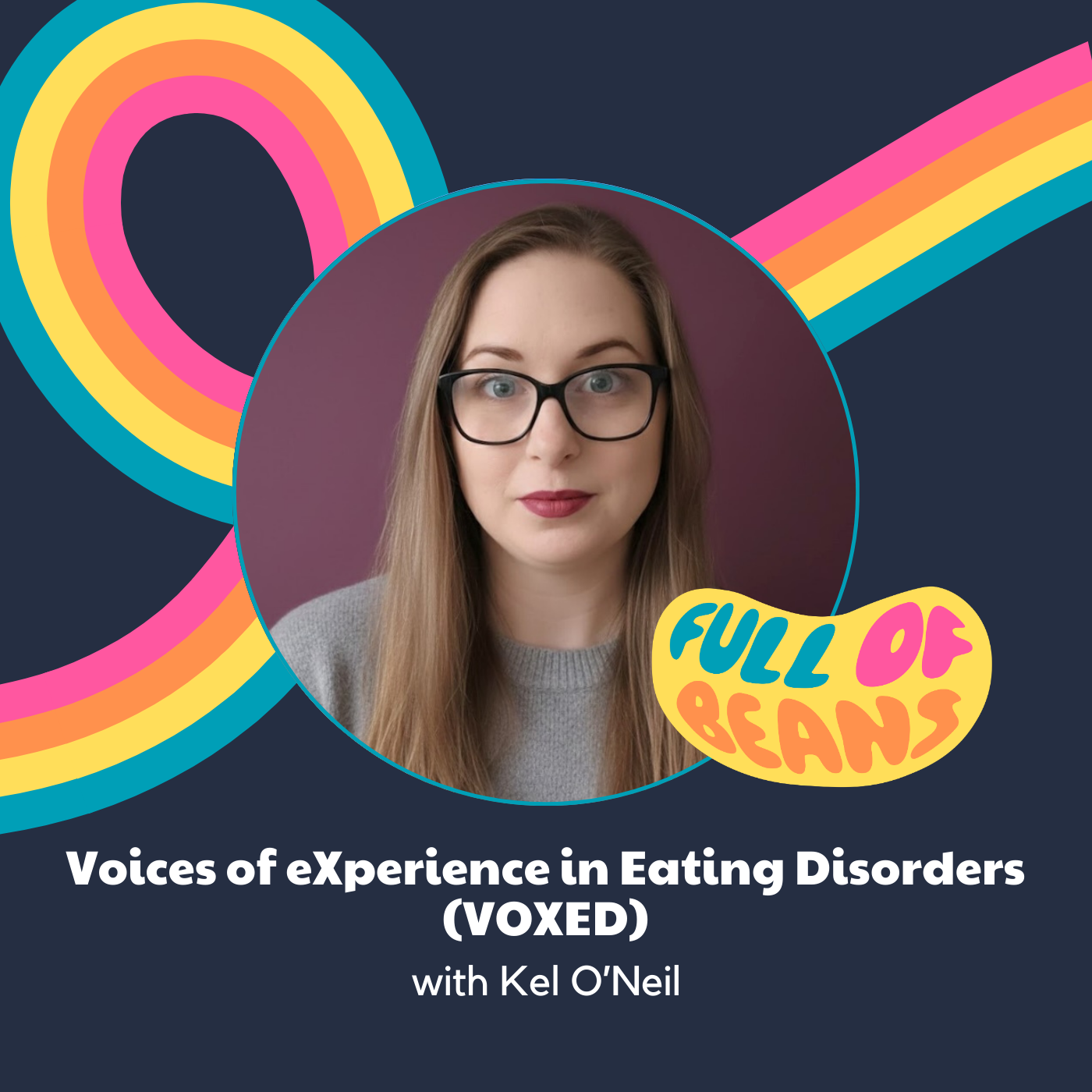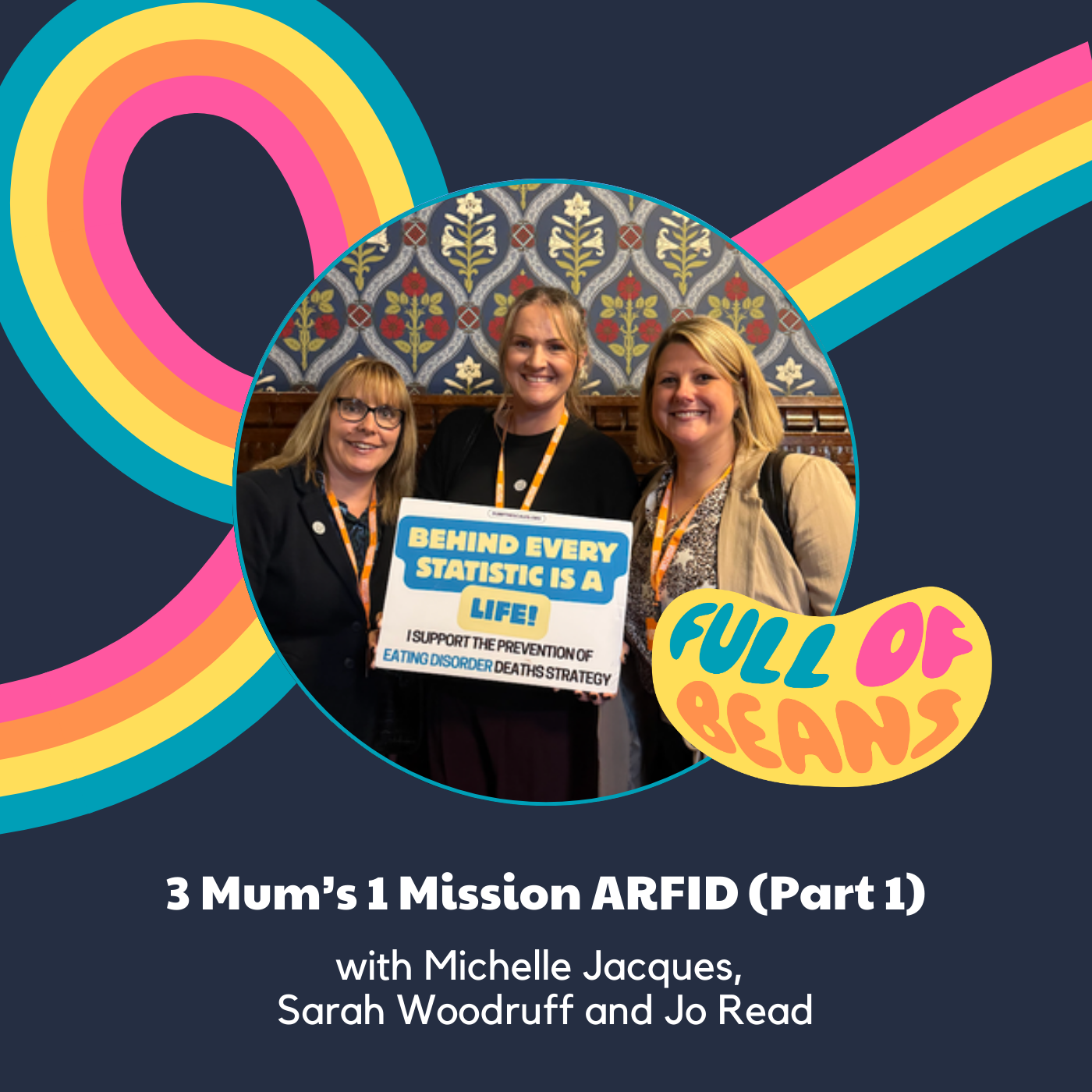The Overlooked Link Between Autism, ADHD, and Eating Disorders
A lived experience reflection on why we need to understand the intersection of neurodivergence and eating disorders...

What if your eating disorder wasn’t just about food or body image, but a response to a world that constantly misunderstood you?
On this week’s episode of the Full of Beans Podcast, guest Rose offers a compelling insight into how her undiagnosed autism and ADHD shaped her mental health, particularly her experience with restrictive eating. But Rose’s story is far from unique, and that’s what makes it so vital.
Unmasking the Connection
Recent studies have begun to expose the significant overlap between neurodivergent traits and disordered eating. For example:
- A 2020 review in Frontiers in Psychiatry found that individuals with autism are significantly more likely to develop eating disorders, especially anorexia nervosa.
- A 2022 study in European Child & Adolescent Psychiatry identified that girls with ADHD were twice as likely to exhibit disordered eating behaviours as their neurotypical peers.
Despite this growing body of research, neurodivergent individuals, especially women, are still too often missed, misdiagnosed, or misunderstood.
The Hidden Struggles
People like Rose often appear high-functioning: achieving academically, appearing socially capable, but internally battling overwhelm, sensory sensitivities, and emotional dysregulation. These internal struggles are frequently masked, leading healthcare professionals to overlook signs of autism or ADHD.
This lack of recognition can have serious consequences. Rose describes how, for her, restricting food became a "comfort blanket," a way to slow down the world and mute overwhelming emotions. Many with autism or ADHD report similar patterns, food becomes a tool to cope when the world doesn’t make sense.
Misdiagnosis and Mistrust
Misdiagnosis is common, especially among neurodivergent women. Traits of autism or ADHD are often labelled instead as:
- Emotionally Unstable Personality Disorder (EUPD)
- Anxiety or depression without root cause
- Non-compliance or treatment resistance
These labels not only obscure the real issue but also add shame and guilt. As Rose said in her episode: “If I’m not neurodivergent, then I’m just inherently flawed.”
A Call for Better Understanding
Rose’s story is a powerful reminder of why we need more inclusive, trauma-informed, and neurodivergent-aware care in eating disorder services. Validating someone’s experience, even just listening, is a simple step that could change the course of a person’s recovery.
Clinicians should ask:
- Could this person be masking?
- Are their behaviours coping mechanisms rather than resistance?
- Have we ruled out neurodivergence before applying mental illness labels?
Moving Forward
If you or someone you know is struggling with both disordered eating and signs of neurodivergence, know this: you're not alone, and you are not broken. Seeking a full, compassionate assessment can be a huge first step toward healing.
Listen to Rose’s full episode for a deeply moving, highly validating conversation about the hidden link between eating disorders and neurodivergence.
🎧 Listen to the full podcast episode with Rose here
💌 Sign up for our newsletter
here
📲 Follow us on Instagram
here
Sending positive beans your way,
Han 💛

